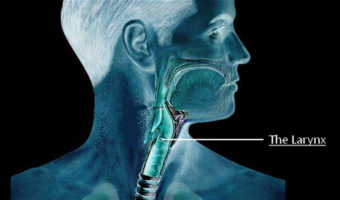Human Barbie Bets on Son’s Blood to Reverse Aging

A real-life human Barbie from LA is all set to get a young blood transfusion from her son to reverse her aging. The talent manager in Hollywood, who believes in rejuvenating the body from the inside as rigorously as we do from the outside, is often complimented for looking too young to be a mom.
Marcela believes that a blood transfusion from her young son will slow down aging by maintaining young cells in her body.
Marcela Iglesias, who runs a quirky talent management company called “The Plastics of Hollywood,” is a real-life human Barbie with 1.2 million Instagram followers. Her page is filled with photos that show off her smooth, poreless skin with the trademark plastic Barbie vibe.
Judging by Marcela’s appearance—she is 47 now—one can tell she invests significant time and money to ensure age is just a number for her.

A procedure she is planning to undergo is a young blood transfusion, where an older person is infused with the plasma of a younger person to rejuvenate aging organs.
Marcela’s 23-year-old son, Rodrigo Iglesias, is happy to be the donor. He will also be supplying plasma to his 75-year-old grandmother, Graciela, for the treatment.

Blood transfusion, Marcela believes, will slow down aging by maintaining young cells in the body.
She has already spent a whopping $99,000 on intensive treatments like stem cell therapy and IV infusions. In addition, the human Barbie follows a clean diet to maintain her health and youth from the inside. To be active, she exercises regularly and gets eight hours of sleep every night.
The FDA concluded that the risks associated with plasma transfusion far outweigh its benefits.

While Marcela expects the transfusion to strengthen and rejuvenate her youthfulness, the FDA is wary of such cure-all procedures that lack scientific backing.
In February 2019, the FDA issued a cautionary statement against establishments offering plasma infusions from young donors. These establishments advertise plasma infusion as a cure for normal aging and age-related illnesses like Alzheimer’s, memory loss, and heart diseases.
However, plasma transfusion carries significant infectious, allergic, respiratory, and cardiovascular risks. Shady establishments and the lack of rigorous treatment testing amplify these risk factors. As the process is unregulated, there is no set dosage.
While a 2024 study acknowledged the rejuvenation of aging organs through plasma infusion from young people, it pointed out that not all aging organs respond positively to the treatment. It called for a more in-depth and collaborative effort involving biologists and clinical physicians for a comprehensive understanding.
Regardless of limited clinical evidence, many like Marcela are hopeful and eager to try out the treatment to maintain their youth.
























